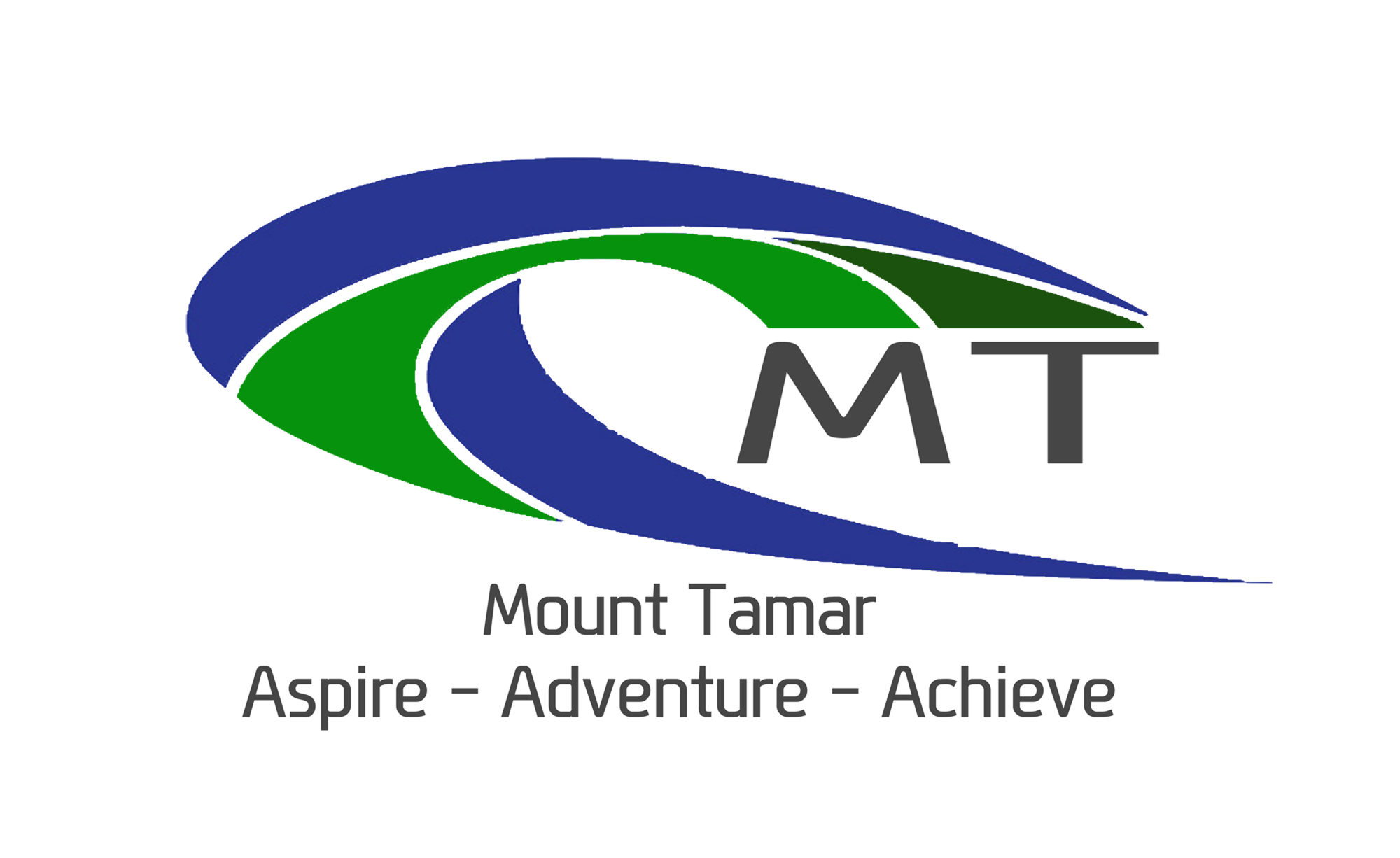| Lesson |
Learning Objectives |
Key Questions |
| 1. Exploring Possibilities |
To understand and identify the steps needed to achieve their career aims.
To understand the barriers that exist and the importance of planning to overcome them.
|
What is my Career Aim?
What do I need to do to meet my career aim?
What barriers do I have to overcome?
|
| 2. What Employers Want: Work and Lifestyle |
Identify skills and qualities that employers want. Understand their own skills and match them to this.
Identify personal needs and priorities and understand lifestyle choices and how they impact on career opportunities.
|
What are the skills and qualities that employers want?
What are my own skills?
What do I need, and what do I need to do in my life to ensure I get to where I want to?
|
| 3. World of Work: The Quiz |
Students are encouraged to discuss the world of work and the changes that are taking place in the world of work. |
Do I understand the different facts that exist in the world of work?
Have I listened to the thinking of others and do I respect their views?
|
| 4. World of Work: Legal Limits |
To raise awareness of employment law for young people by explaining the purpose of laws to protect workers. |
Do I understand the laws that can protect me in the world of work?
What laws surprised me that I did not know before today?
|
| 5. World of Work: Rights at Work, and Responsibilities in Work |
To make students more aware of their rights at work and where they can get help.
Students develop an understanding of their role in work and what employers expect from them.
|
Do I understand what my rights at work are?
Do I understand what my role in work is and what employers can reasonably expect from me?
|
| 6. Application Skills |
Students are introduced to the main elements that make up a CV and those that you need for a covering letter.
Students understand the purpose and importance of these.
|
Do I understand the purpose of a CV?
Do I understand what needs to go into a CV and a covering letter?
|
| 7. Developing Your Personal Sales Pitch: Part 1 |
Students are introduced to what a sales pitch is.
Students understand what is positive about them and the skills and qualities that can help them with applications.
|
Do I understand what a personal sales pitch is?
Have a got a list of positive personal attributes, skills and qualities about myself?
|
| 8. Developing Your Personal Sales Pitch: Part 2 |
Students build on the last lesson and write their own personal sales pitch and present it to their group.
Advice is given by others to improve their sales pitch as a result.
|
Have I got a personal sales pitch that I am proud of?
Have I shared my personal sales pitch and got feedback from my peers to improve it?
|
| 9. Managing Your Money |
Students will consider the importance of budgeting for the future.
Students will consider budgeting skills that they can complete whilst in school.
|
What are the 3 most important things about budgeting?
What can I do now to practice my budgeting skills?
|
| 10. Thinking Ahead: After Year 11 |
Students consider their options at the end of Year 11.
They consider the different possibilities weighing up the pros and cons in relation to their own careers contexts.
Students consider benefits and drawbacks of different routes.
|
What do I need to do at the end of Year 11 to get the job I want?
What else can I do to be better informed as I move into Year 11 for my career choice?
Are my grades on track for my career?
What should I do?
|
| 11. Introducing Essential Online Careers Support |
Students will register with the National Careers Website and the Apprenticeship Website.
Students are shown around the key areas of the website and the ways they can use it.
|
Do I understand the different ways the websites might help me? |
| 12. Exploring the National Careers Service |
Students will explore the National Careers Service Website and the Apprenticeships website.
Students have the opportunity to experiment with CV writing as well as further potential careers options.
|
What have I researched and completed on the websites?
How has this time helped me to prepare for Year 11 and to meet my future careers aims?
What else do I need to do to be ready for my next careers step?
|
